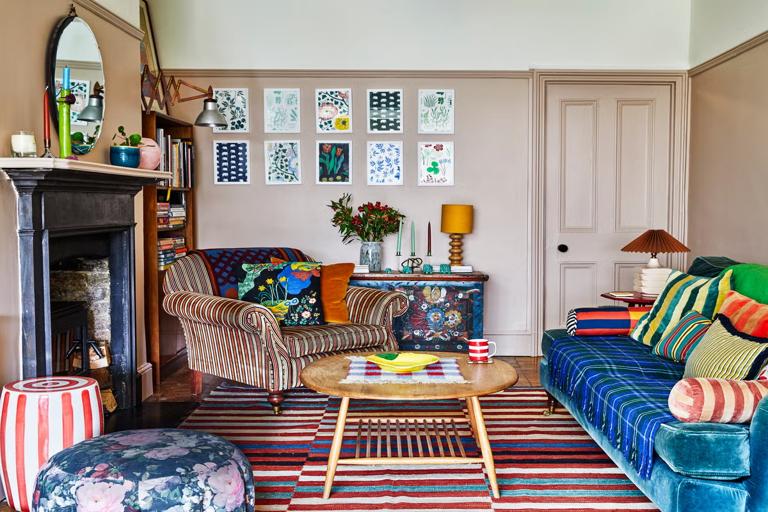Rising housing costs in major UK cities have sparked renewed interest in compact living solutions designed to maximise limited floor space. Architects and interior designers are increasingly focused on creating adaptable environments that allow small flats to function more efficiently without feeling cramped. Their strategies make use of clever spatial planning, vertical storage and furniture that serves multiple purposes to help residents achieve a balanced lifestyle despite limited square footage.
One of the most popular innovations has been the introduction of fold-away and modular furniture systems. These include beds that tuck neatly into walls, dining tables that extend only when required, and seating that doubles as discreet storage. Designers say such solutions enable residents to open up floor areas during the day, dramatically improving the sense of space and usability in compact urban homes.
Integrated storage has also become a major priority, with bespoke cabinetry and built-in shelving offering practical ways to reduce clutter while maintaining a clean aesthetic. In many modern flats, wardrobes are now fitted from floor to ceiling, and alcoves that might once have gone unused are transformed into functional workspaces. These features are particularly valuable for individuals who work remotely and need a dedicated area without sacrificing living room or bedroom space.
Lighting design plays a crucial role in enhancing the ambience of small interiors. Designers recommend using soft, layered lighting combined with pale wall colours to create the illusion of a larger area. Strategically placed mirrors can also reflect natural light and open up the room visually. These techniques are increasingly common in new-build apartments where natural light may be limited due to surrounding buildings.
Property developers are embracing compact living as a long-term trend rather than a temporary response to market pressures. Many new developments incorporate communal amenities—such as shared gardens, co-working areas or rooftop terraces—to complement smaller private living spaces. Industry analysts predict that as UK cities continue to densify, demand for innovative compact living solutions will remain strong among buyers and renters seeking affordability without sacrificing comfort or style.
